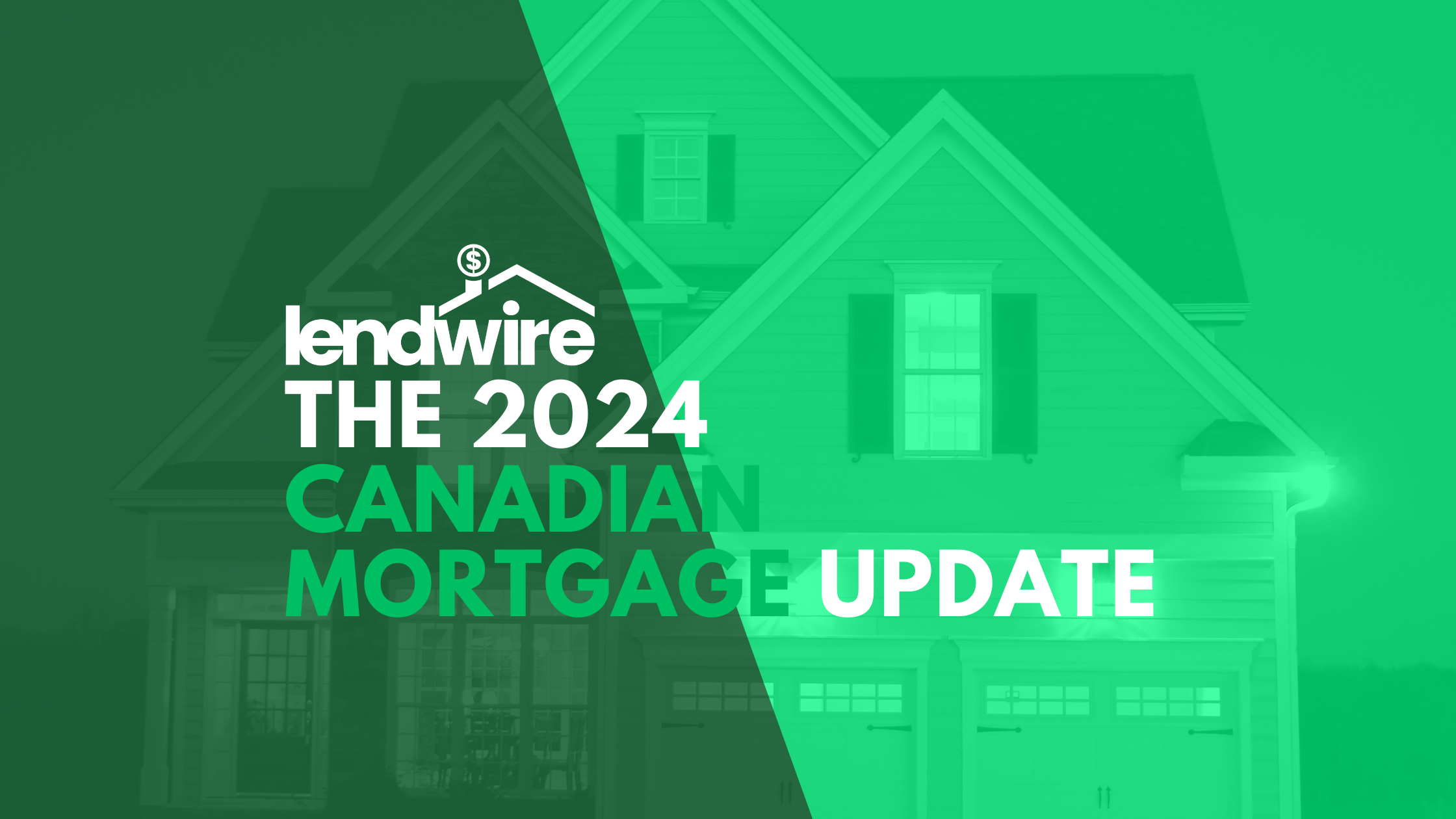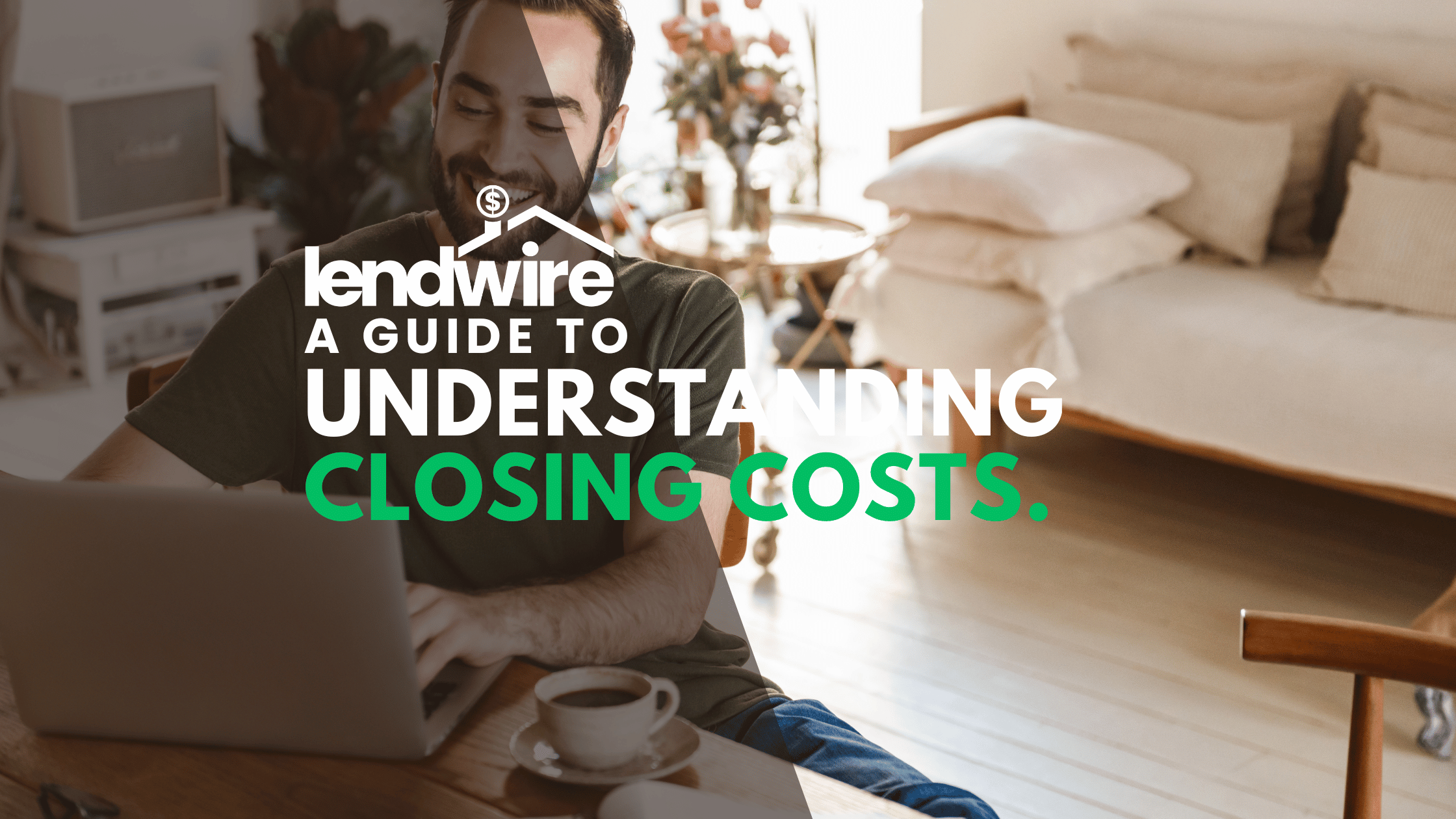Home Prices Outpace Mortgage Payments: What It Means for Canadian Buyers and Homeowners
News flash for Canadians in the housing market: according to Equifax, home prices have been rising faster than mortgage payments since early 2020. This trend is fascinating, a bit confusing, and definitely something everyone buying or owning a home needs to understand. Let’s break it down.
Remember, this difference in growth rates doesn’t mean your home costs less overall. It simply means the price of the home itself is increasing at a slightly faster rate than what you’ll pay back on your mortgage over time. This dynamic can present unique challenges and opportunities, depending on your situation.
The Numbers Don’t Lie – Key Stats
Let’s talk numbers. The average mortgage payment has increased by a substantial 27.7% since early 2020, hitting $1,685 per month in late 2023. But guess what? The benchmark price for a typical Canadian home has climbed even higher – 28.5% in the same period.
This slight difference might seem minor at first, but over the length of a mortgage (think 25+ years), the gap between what your home is worth and what you owe can become considerably large. That matters a lot, especially if you’re planning to sell or refinance!
Is This Happening Everywhere? Regional Differences Matter
This trend pops up in most major Canadian cities, but some places are extra interesting. Calgary shows the biggest gap between price increases and mortgage costs. In Eastern Canada, home prices have skyrocketed compared to mortgage payment increases (Moncton’s the poster child). And surprise! In those pricey markets of Toronto and Vancouver, mortgage payments grew slightly faster than home prices.
The takeaway? Location plays a huge role. Even within Canada, the difference between rising mortgage payments and home values can vary a surprising amount. Local market analysis is key if you’re actively buying or selling.
What Does This Mean If I Already Own a Home?
If you bought a while ago, there’s likely a significant difference between what you owe on your mortgage and what your home is actually worth now. That difference is equity, and it’s been growing, even as your monthly payments have gone up (though at a slower pace). This helps offset the pain of rising costs.
Building equity is one of the biggest advantages of homeownership. While your monthly payments might feel like they’re going up, remember that a large portion of that money is going towards building value in your asset (your home!), not simply disappearing.
What If I’m Looking to Buy?
Here’s where things get tricky. Higher interest rates mean higher monthly mortgage payments for new buyers – that’s a big yikes! However, there’s a tiny bit of hopeful news: if home prices keep rising, that could partially (but not completely) balance out the higher cost of buying in, especially over the long run.
Timing the market is never easy, but this is worth considering. Waiting to buy might mean lower interest rates, but it might also mean higher home prices. It’s a balancing act that requires careful research and an understanding of your own financial goals.
Hold On… Why Is This Even Happening?
It’s a mix of things. Buyers who locked in super-low mortgage rates before 2020 are in a great position now as their home values rise. Recent interest rate hikes hit new buyers the hardest – ouch! Plus, the overall frenzy in the housing market, with strong demand pushing prices up, makes it even tougher for new folks to get in.
Another factor to consider is inflation. While it affects many aspects of our lives, inflation also impacts what it costs to build or improve a home, as prices for materials and labor go up, influencing the overall market price of houses.
Can I Predict Where This is Going?
Sadly, there’s no crystal ball here. But, here’s what you need to keep an eye on, because these things will definitely impact the market: interest rate changes (which affect what people can afford and how much houses sell for), the overall health of the economy (good economy usually = good housing market), and any changes the government makes to rules around buying or owning property.
While we can’t know the exact future, we can look at historical trends and expert opinions. Sites like Lendwire and financial institutions often release forecasts for the housing market, offering valuable insights to consider.
Connect with Lendwire
Grasping this home price/mortgage payment situation is key if you’re buying, selling, or just want to understand your own home’s value. Costs are a concern, but if your home gains value, that’s a definite plus. Staying informed with sites like Lendwire is the best way to navigate the always-changing Canadian real estate landscape.







